3D printing is already well known as the future of all sorts of things. Mechanical robot parts, nifty custom gadgets, even footwear!
This new technology allows us to create almost any object imaginable... so long as we have the time to wait for it to be printed!
Print up a meal
One of the more surprising places where 3D printing is making a name for itself is in food. Food Ink. is a London-based restaurant that produces meals that feature edible printed meals (as well as cutlery and furniture!). And now scientists from the Tangible Media Group at MIT (Massachusetts Institute of Technology) have come up with their own "twist" on the idea: 3D printed pasta.
This pasta is completely flat until it is added to water... where it bends, folds, and twists into all kinds of shapes. Everything from penne and macaroni to brand new shapes like flowers, saddles, and more. Observe!
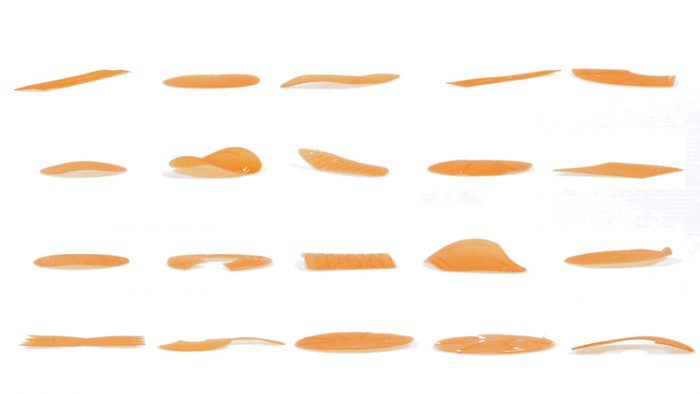
...to...
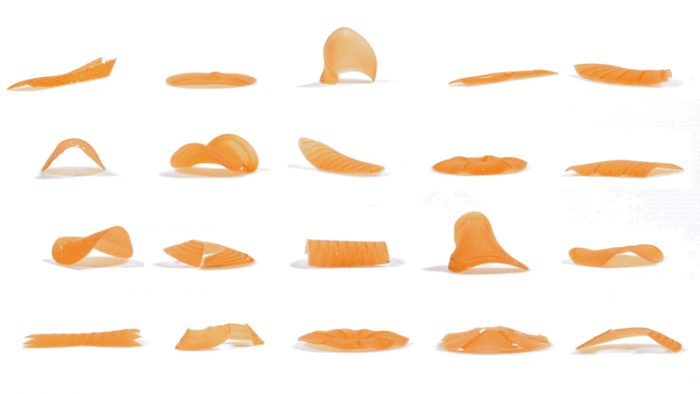
...to...
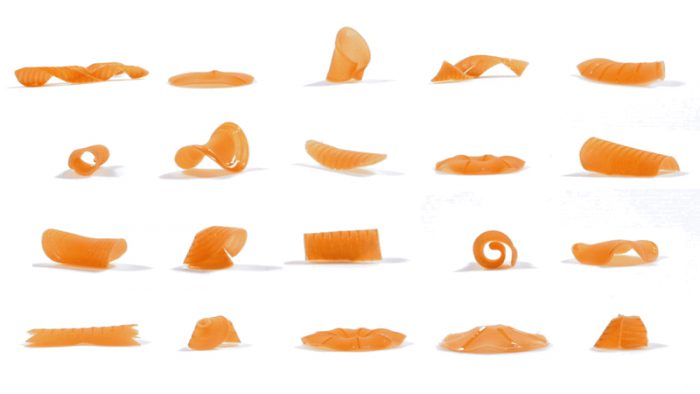
(Courtesy of Tangible Media Group/Michael Indresano Production)
Pretty neat, right?
More than just for fun
Pasta shapes, such as rigatoni, take up lots of room... (Getty Embed)
It's easy to get swept up in just how cool and futuristic this technology is. Haute cuisine (a.k.a. super fancy) chefs are already excited about the possibilities of cooking with food like this. And before long, we could even be doing this in our own homes. After all, who wouldn't have fun designing their own pasta, printing it out, watching it transform, and then, of course, eating our compu-creations?
...while flatter pastas, such as fettuccine, do not. (Getty Embed)
But this invention is about more than just being fancy. If you can, take a look at a pasta box right now, especially one where the noodles are bent into shapes like rotini, farfalle, or nests of tagliatelle. Notice anything? There's a lot of air in those containers. That's because the shapes themselves take up a lot of space. Whereas pastas that are flat or straight, such as spaghetti or linguine, can be packed much closer together. That's why as 500g box of spaghetti is so much smaller than a 500g box of rotini. Though it's the same amount of pasta in both boxes, there's a lot more air in one of them.
From trucks to space shuttles
If fancy pasta doesn't need to take up so much space, who wins? Potentially, everyone. It could reduce the cost of shipping pasta to grocery stores. And, amazingly, it could mean that astronaut dining (where there is only so much space available) just got a whole lot tastier!
Either way, this is one innovation that we're happy to keep thinking about. Take a look at the video that Tangible Media Group released to show off their delicious project below. (The video can be a little technical, but bear with it—it shows the noodles being printed, designed, tested for chewiness and elasticity... before finally being made into actual dishes. Science is yummy!)
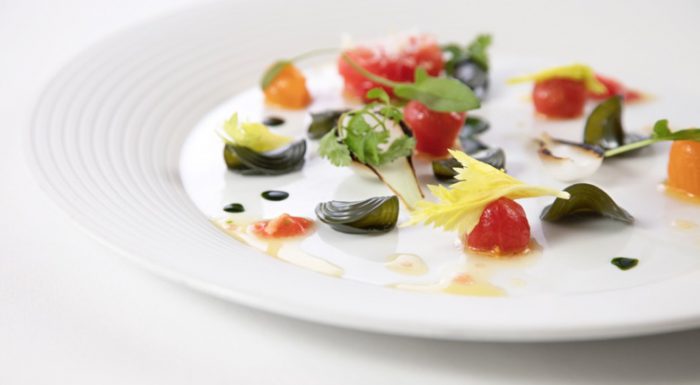 These adorable green pasta shells were designed on a computer, printed, and then shaped by water. Bon appetit! (Courtesy of Tangible Media Group/Michael Indresano Production)
These adorable green pasta shells were designed on a computer, printed, and then shaped by water. Bon appetit! (Courtesy of Tangible Media Group/Michael Indresano Production)
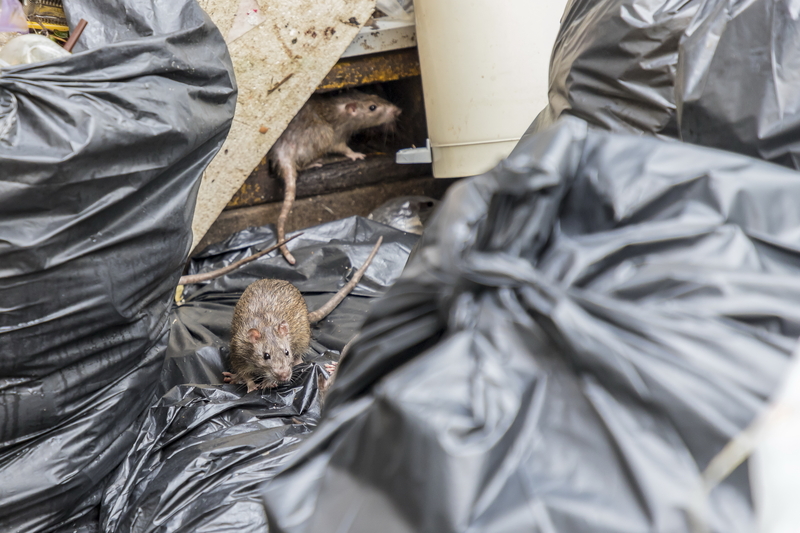

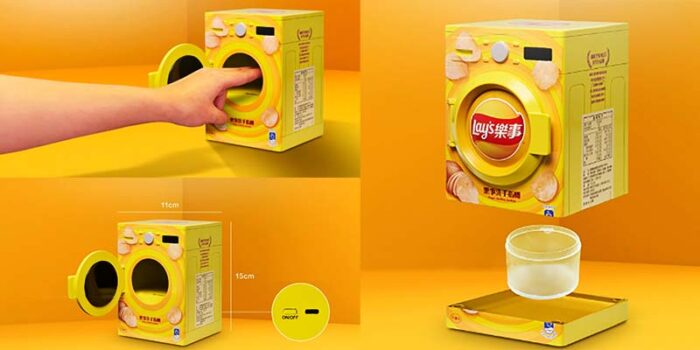


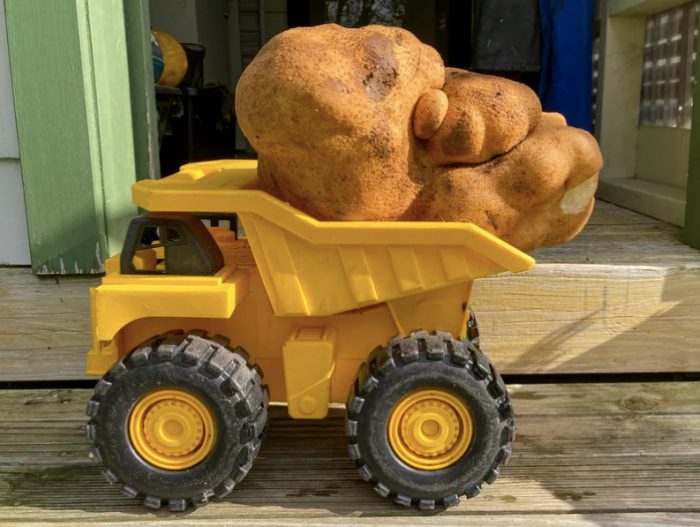




That is amazing!!!!!!????????????
That is awesome
I want some ?